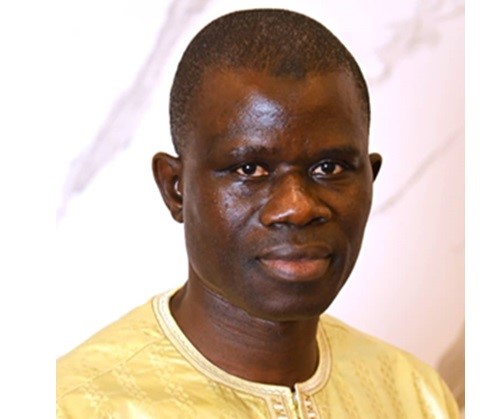By Assan Bah
The Gambian government has reported a significant boost in revenue from oil exploration licenses, generating a total of USD $60,346,263 over the past eight years. This revenue has come from three main license holders since 2017, according to the Minister of Petroleum, Energy and Mines.
In a recent assembly briefing, the Minister outlined the financial contributions made by the companies involved in oil exploration, including FAR, Petronas, British Petroleum (BP), and Petronor. Significant revenue streams include training and resources, surface rentals, and signature bonuses, cumulatively reaching over $60 million.
FAR was granted 80% of the Block A2 and A5 licenses in 2017, collaborating with Erin, which held the remaining 20%. Notably, following Erin’s exit, the 20% interest reverted to the government. In 2018, Petronas was assigned a 40% interest in these blocks.
BP initially obtained the A1 license in 2019 but exited the exploration in September 2021 due to a strategic pivot to focus on cleaner energy. Conversely, Petronor, which obtained its license in 2020 as part of a settlement with African Petroleum, has complied with its licensing obligations, albeit without drilling.
Despite the investments, the minister confirmed that neither FAR nor Petronas has discovered oil in their operations. Both companies attempted to find oil but exited after unsuccessful drilling at the Samo and Bambo wells in 2018 and 2021, respectively.
The revenue breakdown was detailed as follows:
– Training and Resources: USD $5,520,808
– FAR and Petronas: USD $3,145,691
– BP: USD $1,095,866
– Petronor: USD $1,279,250
– Surface Rentals: USD $4,775,456
– FAR and Petronas: USD $3,432,865
– BP: USD $525,057
– Petronor: USD $817,534
– Signature Bonuses: USD $19,600,000
– FAR and Petronas: USD $5,000,000
– BP: USD $10,100,000
– Petronor: USD $4,500,000
BP also faced an unfulfilled obligation of USD $30,450,000 due to its decision not to proceed with drilling.
In response to inquiries about the current state of oil exploration, the minister acknowledged a shift in interest from international oil companies between 2019 and 2020. However, he expressed optimism, citing renewed interest and active marketing efforts that have led to several applications currently under review.
While acknowledging that oil discoveries have yet to be made, the minister emphasized the Gambia’s position within the MSGBC basin, which includes Senegal and Guinea-Bissau, as a region with substantial hydrocarbon potential. This positioning, coupled with recent interest from international firms, has sparked hope for future discoveries in the Gambian territories.
Overall, the government’s efforts to manage licenses and engage with oil companies have yielded considerable revenue, signaling a commitment to fostering an environment conducive to potential oil exploration and development in the years to come.


















